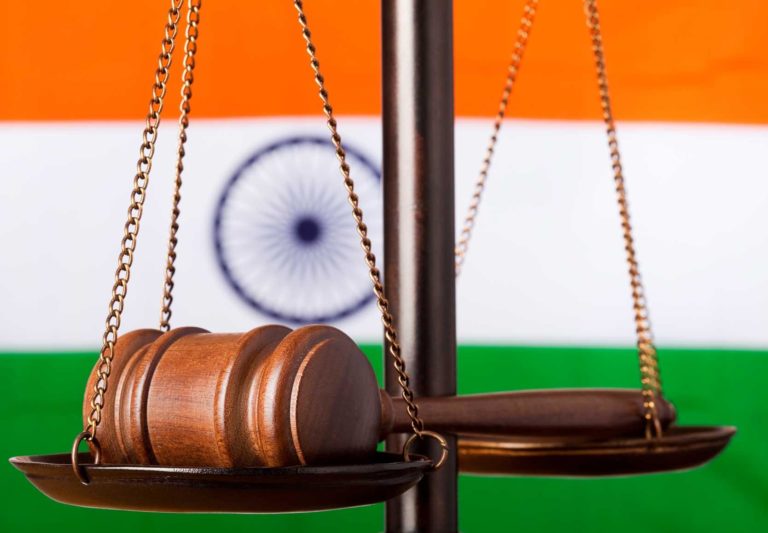Indian Constitution has provided so many laws to the general public for the protection of their rights. But unfortunately many people are not aware of them hence they face many difficulties in their day to day life. This article covered some basic laws like Motor Vehicle Act 1988, section -185 202, Criminal Procedure Code, Section 46 etc.
Indian Constitution has provided so many rights to the people to protect their fundamental rights but unfortunately most of the people are not aware of their rights. So in this article we have mentioned such laws and the rights which not only protect their interests but also ease their daily life.

- MOTOR VEHICLE ACT, 1988
- MOTOR VEHICLE ACT 1988, SECTION -185 202
- INDIAN PENAL CODE, 166 A
- CRIMINAL PROCEDURE CODE, SECTION 46
- POLICE ACT, 1861
- HINDU MARRIAGE ACT, SECTION -13
- MATERNITY BENEFIT ACT, 1961
- INCOME TAX ACT, 1961
- CODE OF CRIMINAL PROCEDURE, 1973
Only women police constable can arrest to women. Male constable doesn’t have the right to arrest women. Women have the right to deny going to police stations after the 6 P.M. and before the 6 A.M. In the case of a serious crime only after receipt of the written order from the magistrate a male policeman can arrest a woman.
Interesting Facts About Supreme Court of India
- AS PER THE CITIZEN CHARTER (INDIAN OIL CORPORATION WEBSITE)
There are very few people who know that if their gas cylinder blasts during the cooking of food then the gas agency is liable to pay Rs. 50 lakh to the victim as a compensation. To claim this compensation consumer need to logde an FIR to the nearest police station and submit it to the concerned gas agency.
- MAXIMUM RETAIL PRICE ACT, 2014
- HOTEL RULES
- FOREIGN CONTRIBUTION REGULATION ACT (FCRA), 2010
- LIMITATION ACT, 1963
- DELHI RENT CONTROL ACT, 1958, SECTION 14
If you are living in Delhi then your land lord does not have the right to forcefully vacate your house without giving prior notice to you.
- AUTOMOTIVE (AMENDMENT) BILL, 2016,
- SECTION 294 OF THE INDIAN PENAL CODE
- HINDU ADOPTION AND MAINTENANCE ACT, 1956
If somebody belongs to Hindu religion and have a son or grandson then he can’t adopt a second child.
There must be a gap of at least 21 years between you (the adopter) and your adopted son.
